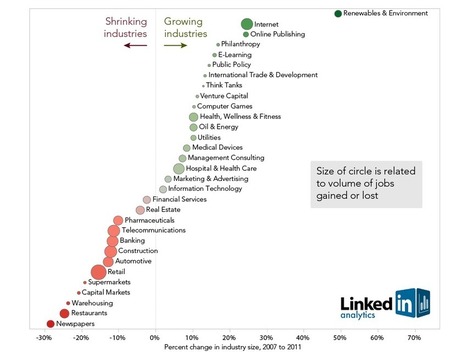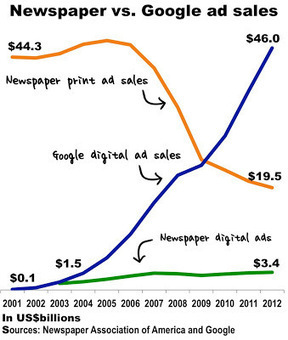Explore the largest community of artists, bands, podcasters and creators of music & audio
Get Started for FREE
Sign up with Facebook Sign up with X
I don't have a Facebook or a X account
 Your new post is loading... Your new post is loading...
 Your new post is loading... Your new post is loading...

Robin Good's comment,
September 22, 2013 3:39 AM
Rodrick: print books are here to stay for quite some time still, as there will be, like in your case, always some demand for this unique medium. Print publishers will have to reorganize and rethink their business strategy to remain profitable.

Ghouti Kerzabi's curator insight,
September 24, 2013 6:19 PM
Le lancement du Livre abonnement Oyster de service a mis le chat proverbial parmi les pigeons dans le monde de l'édition. Editeurs et auteurs sont frénétiquement essayer de travailler sur tout ce que la demande ... 
chen kc's curator insight,
October 10, 2013 12:40 AM
http://www.staged.com/video?v=WQce like this video content...i like this....great visualise...subscription...? |

Tom Hood's curator insight,
February 22, 2014 8:24 AM
Great find by Robin Good and timely as we just had a session with Rita McGrath (author of the End of Competitive Advantage) emphasizing the impact of disruption and the need for a different mindset around resilience. This preso by Jeremiah Owyang gives some great tips for thinking about the types of shifts in business models we should be thinking about.
Slide 13 captures these shifts well:
1. Purpose (start with why) is key 2. Glocal wins - Global reach and mindset delivered locally (relationships) 3. Personalize everything possible 4. On-demand 5. People make and share - collaboration and co-creation with your customers 6. Empowered people
This is important for CPAs to understand as they advise and support their businesses (clients and employers). Business models are no longer stagnant or as Rita would say, sustainable over a long-term. Thus we need to be constantly re-examiming our competitive advantages.

jalp Internet Consulting Services's comment,
April 19, 2013 7:25 AM
Google transformed advs and made them accesible to SME's. So low budget marketing departments can act more easily, even if they run their campain through agances.

Guillaume Decugis's comment,
April 22, 2013 11:33 AM
@Jalp: good point and an essential reason that drove this change. Not just attention but lowering the barrier to entry. Thanks!

Kitty A. Smith's comment,
May 6, 2013 2:37 PM
People are always looking to place fault. Things change when something better comes along. Just because newspapers were first doesn't mean they are best. Tobacco knows time is limited, that would explain why they bought Kraft Foods!
|













far out thinking, highly recommended